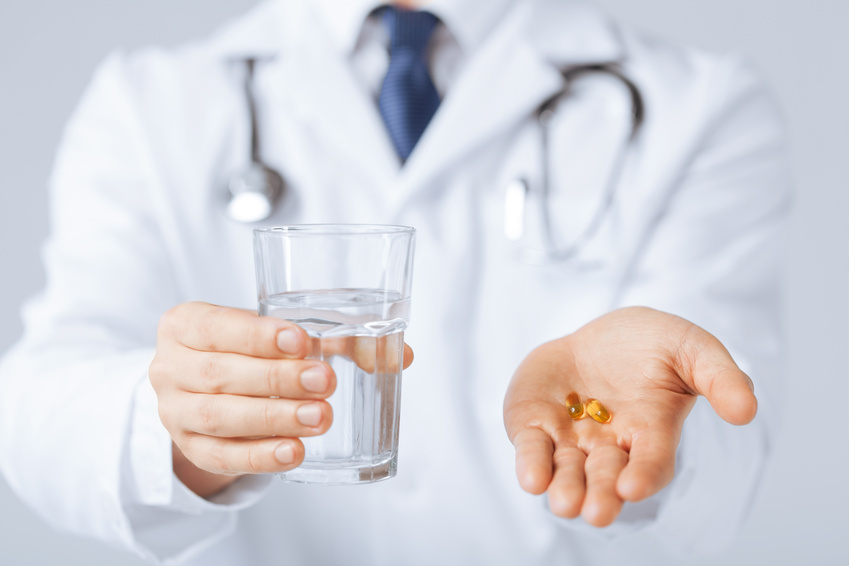Clinical Study: Fatty Acid (FA) Composition Of Sperm Cells Is An Important Determinant Of Fertility
In 2009, eighty-two infertile men with idiopathic male factor infertility and seventy-eight fertile men were enrolled in a clinical study. The semen parameters were assessed according to World Health Organization criteria.
Several fatty acids and enzymes were measured to evaluate the men’s polyunsaturated fatty acid (PUFA) composition of the blood plasma and spermatozoa[1]”https://www.ncbi.nlm.nih.gov/pubmed/19666200“
- omega-3 fatty acids alpha-linolenic acid (ALA), eicosapentaenoic acid (EPA) and docosahexaenoic acid (DHA),
- omega-6 fatty acids linoleic acid (LA) and arachidonic acid (AA) concentrations
- as well as the seminal plasma enzymatic antioxidant levels of catalase, and superoxide dismutase (SOD).

Results
- Proven fertile men had higher blood and spermatozoa levels of omega-3 fatty acids compared with the infertile patients.
- The ratio of serum omega-6/omega-3 fatty acids was significantly higher in infertile (14.8) patients compared to fertile controls (6.3).
- Additionally, levels of arachidonic acid (polyunsaturated omega-6 fatty acid) were higher and the omega-3 index (EPA+DHA) was lower in infertile subjects than in fertile controls.
- Infertile men had a higher mean arachidonic acid:DHA ratio and arachidonic acid:EPA ratio (6.4 and 12.0, respectively) than fertile men (3.3 and 6.7, respectively).
- A strong negative correlation was found between the arachidonic acid:DHA and arachidonic acid:EPA ratios and total sperm count, sperm motility, and sperm morphology.
Infertile men had clearly lower concentrations of omega-3 fatty acids in their spermatozoa than fertile men. These results as well as of other studies[2]”https://www.ncbi.nlm.nih.gov/pubmed/22659579″ suggest that omega-3 supplementation is a sensible approach to treating infertile men with idiopathic male factor infertility.
www.amitamin.com/en/fertilsan-m New life deserves the best possible start!We provide the essential building blocks for this.
Improving Sperm Quality
There are a number of things a man can do to improve his sperm quality. These include lifestyle choices such as the elimination of fast food, nicotine and alcohol, regular exercise, restful sleep and the reduction of stress.
In addition, scientific studies have show that an increase in sperm count can be achieved by taking food supplements.
Amino acids, vitamins and trace elements are naturally occurring nutrients and no side effects are to be expected. On the contrary, increasing the supply of such micronutrients causes significant health benefits such as a stabilisation of the immune system, a positive effect on cardiovascular circulation and skin and hair health.
There is therefore no medical reason not to implement a micronutrient rich diet for a half or a full year until a pregnancy has been achieved.
Benefits Of Omega-3 Fatty Acids To Women
Omega-3s are critical building blocks for the unborn foetus and therefore an extremely important nutrient for women, who already are pregnant.
Using Omega-3 To Improve Male Fertility

Omega-3 fatty acids are a powerful male fertility enhancing nutrient, but it is also just one of several so called fertility-neutraceuticals. While omega-3 positively affects general sperm quality, it does not protect the sperm cells from oxidative damage.
Clinical research studies have consistently shown that
We have therefore compared all of the top male fertility combination supplements in a transparent, side-by-side evaluation.
VIDEO: How to improve sperm naturally with food
Sperm count, morphology and motility-enhancing nutrients
Bibliography

Dr. Kooner is Deputy Director of The Advanced Fertility Center of Chicago and has been a Specialist in Fertility Treatment since 1999.
As well as the areas that the clinic specialises in general, he is particularly interested in managing oocyte donation, female same-sex couples, single women having sperm donation and those considering egg freezing.
Dr. Kooner regularly speaks at fertility meetings. He has published in national journals and constantly contributes to the fertility research and publications from Advanced Fertility Center of Chicago.
References
| ↑1 | ”https://www.ncbi.nlm.nih.gov/pubmed/19666200“ |
|---|---|
| ↑2 | ”https://www.ncbi.nlm.nih.gov/pubmed/22659579″ |
| ↑3 | ”https://humupd.oxfordjournals.org/content/14/3/243.full” |
| ↑4 | ”Imhof, Martin et al., “Improvement of sperm quality after micronutritient supplementation” |








